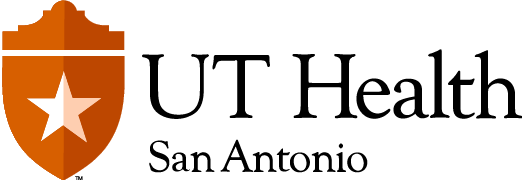Restrictions from COVID-19 caused many cancelations for patients who had scheduled elective surgeries. As these restrictions are now slowly being lifted, many of these surgeries can resume. However, this leaves health care providers with a whole new set of obstacles, as the process of rescheduling so many appointments can be complicated.
But Amita Shah, M.D., assistant professor and associate program director for the Division of Plastic Surgery, was prepared for the task.
“We had months [of appointments] already scheduled. As all this was happening, we realized that, when this is over, we would have to reschedule everybody,” said Dr. Shah. “But not everybody’s condition is of the same acuity, and with hundreds of surgeries being canceled and needing to be rescheduled, we needed a way to triage things when we start operating again.”

Before restrictions began, Dr. Shah had already been working on a patient task management program with a group of computer science software engineering students from The University of Texas at San Antonio for their senior design project. But as the pandemic took hold and surgeries were canceled, Dr. Shah looked ahead. She realized the expertise of the students could be put to better use by developing a program that could triage all the surgeries that would need to be rescheduled.
And the students delivered. They were able to pivot their project focus and create a triage software program within six weeks.
The program runs on an app within the Microsoft Suite, which can automatically integrate rescheduled appointments with surgeons’ Outlook calendars. The program prioritizes surgeries by urgency, ensuring that cancer or trauma patients in need of reconstruction are scheduled ahead of a patient needing something less pressing, like a scar revision. The program is also customizable, so surgeons can make triage decisions specific to their practice.
As of May 4, the new software program has been put into action by the plastic surgery practice, which had about 50 surgeries to reschedule. There are plans to make use of this program for the entire Department of Surgery, which typically has 250-300 surgeries scheduled per day, said Dr. Shah.
“Students don’t always have these real-life and critical problems to solve,” Dr. Shah said. “But what they are doing really matters, and they are doing it very fast. I’m impressed with how they’ve come together to help us out. This is very, very valuable and a huge help for our practice.”
UT Health San Antonio
UT Health San Antonio is a leading academic health center with a mission to make lives better through excellence in advanced academics, life-saving research and comprehensive patient care. If you have a story you would like to see regarding our COVID-19 response, please submit here.
